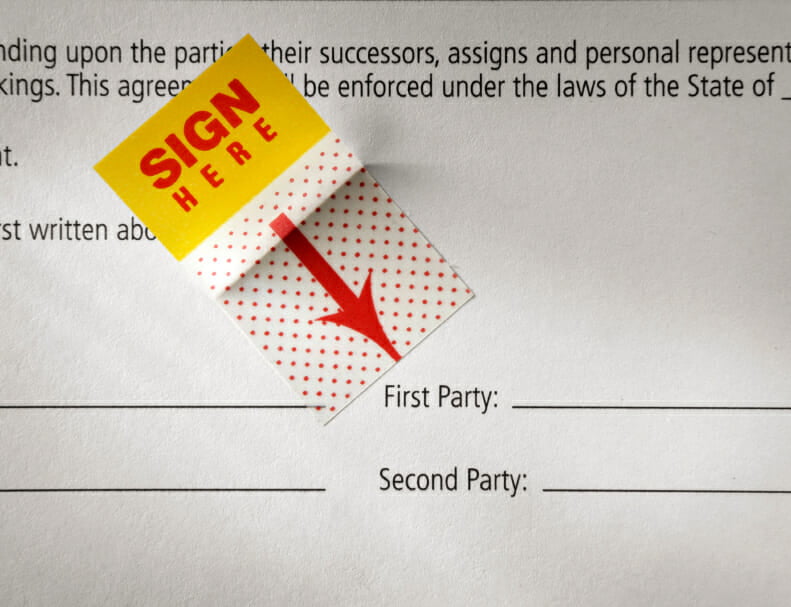The Highs and Lows of Buying a Property with a Friend

Thinking about buying a property with a friend or family member? With housing prices rising all over Australia, pooling your money may sound like a pretty good idea. Before you rush ahead and book the moving van, though, there are a few things to consider first.
1) Set some ground rules
It may sound a little redundant but it’s a good idea to make sure that all potential owners are on the same page prior to entering into shared property ownership. Be open and honest about the type of property you want to buy and the location. Also, be upfront about what you are willing to spend and stick to this figure. Remember, honesty is the best (and potentially cheapest) policy.
2) Think long term
The idea of moving into a new home with friends is exciting, but it’s easy to get caught up in the fun and ignore the fine print and paper work. Buying a property with another person (or people) is a long-term commitment; you need to have an eye on the future. Can your friendship, and your investment, stand the test of time? Ask yourself a few questions and answer them honestly.
- How long have you known your friend?
- Do you and your friend share a similar lifestyle?
- Do you both want the same things from the property?
- Do you both agree on the location?
- What are the ground rules for allowing other people to live in the property?
- Will you both have an equal share in the property?
- What is your exit plan?
3) Make it legal
As much as we think our friendships are solid, a handshake or verbal agreement won’t cover you legally if anything goes wrong. To be protected, you need a co-ownership agreement drawn up by a lawyer. This document is in place to outline the responsibilities and obligations of all partners. It will answer questions like:
- How will the property be used?
- Who will live in the property?
- Who will handle maintenance and repairs?
- What happens if an owner defaults on the loan?
- What happens if an owner wants to sell their share of the property?
4) The correct title matters
This is a topic no one wants to talk about but for the benefit of all parties involved, choosing the right title can save you from future headaches. There are two different types of title for co-ownership arrangements, and both have very different implications should you or your friend die.
Joint tenants
Property rights transfer to the other borrower should one die, not to those nominated in a will.
Tenants-in-common
In the case of death, property rights pass to those nominated in the decedent’s will.
5) Think about your financial future
When you borrow money to co-own a property, you are all liable for each other’s debt. That means that if your friend defaults on his loan commitment, you are liable for the whole amount that was borrowed to buy your property, not just your share. If you want to purchase another property at some point, you may also find your borrowing power is affected because a bank takes into consideration the total debt, not just your share.
In summary
Pooling money with a friend to buy a home can be a great way to get into the market but it does come with risks. The key to making it work is to think ahead, get some expert legal advice and only sign on the dotted line if you’re sure it’s what you want. This decision is a big one, and it’s crucial you go into it with your eyes open. If you don’t, you could face a potential friend (and finance) disaster.
